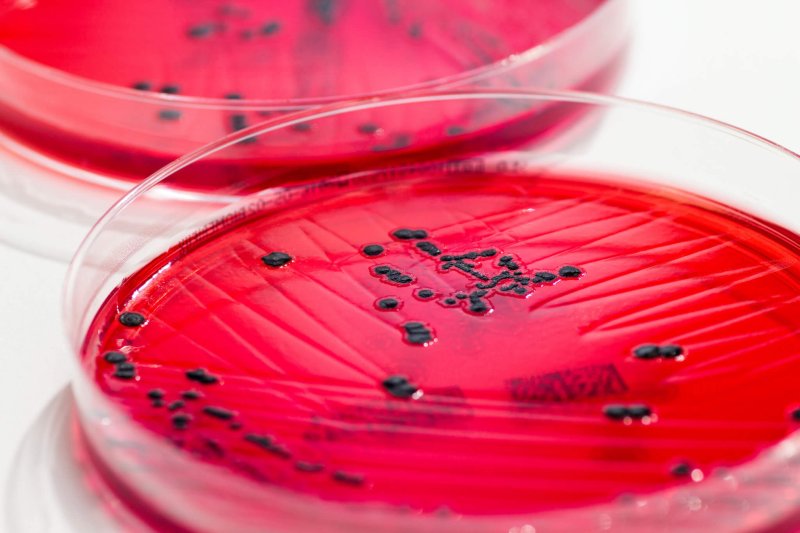The fast rise in antibiotic resistance is one of the world’s most concerning health issues. Antibiotic-resistant infections kill about 700,000 people each year, according to the World Health Organization (WHO). A 2018 study by the European Centre for Disease Control and Prevention found that these so-called superbugs were responsible for 33,000 deaths every year in the EU alone.
Scientists are struggling to keep up with resistant bacteria in developing new antibiotics.
In a recent study, researchers managed to kill resistant bacteria in mice guts. This method, which is still being researched, uses the famous Nobel Prize winning gene-editing technology, CRISPR-Cas9.
Scientists from the University of Sherbrooke in Canada used the technology, which works like “genetic scissors,” to delve inside resistant bacteria and cut vital “genetic wires,” which disabled the bacteria, killing them from within.
This result is not only promising because the bacteria were successfully killed, but also because CRISPR-Cas9 specifically targeted harmful bacteria, as opposed to killing off a whole bunch of good bacteria alongside the harmful bacteria — which is what antibiotics do.































